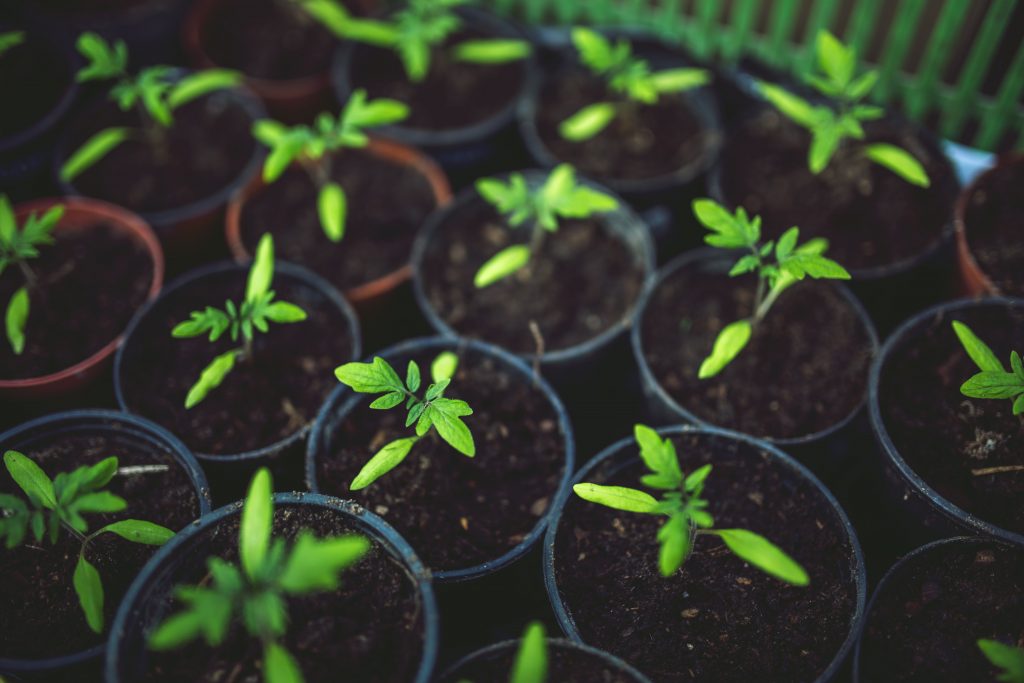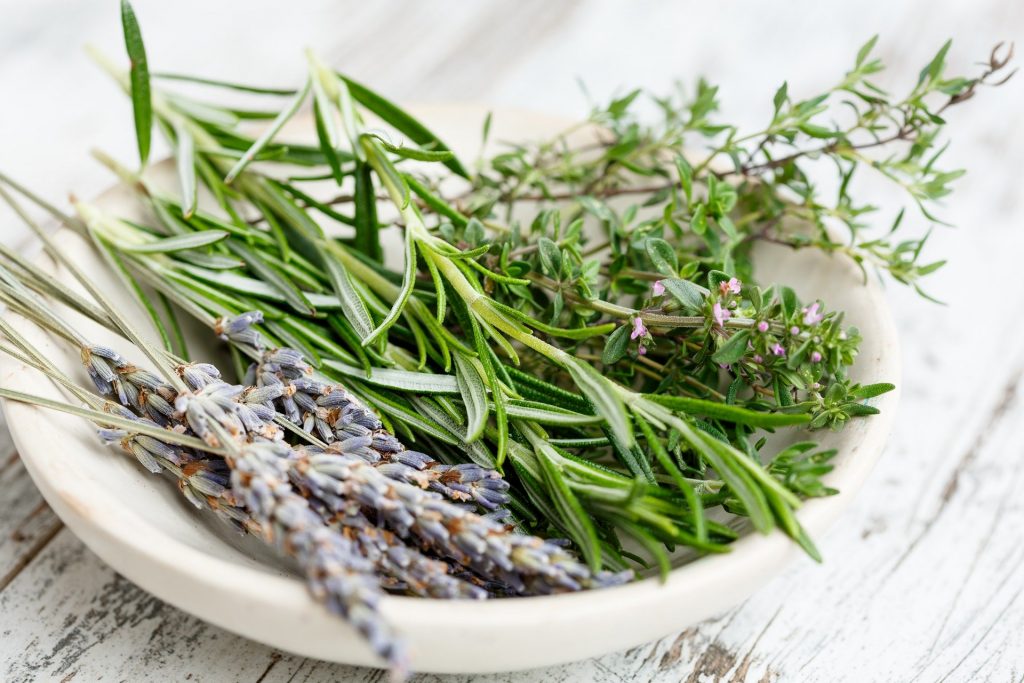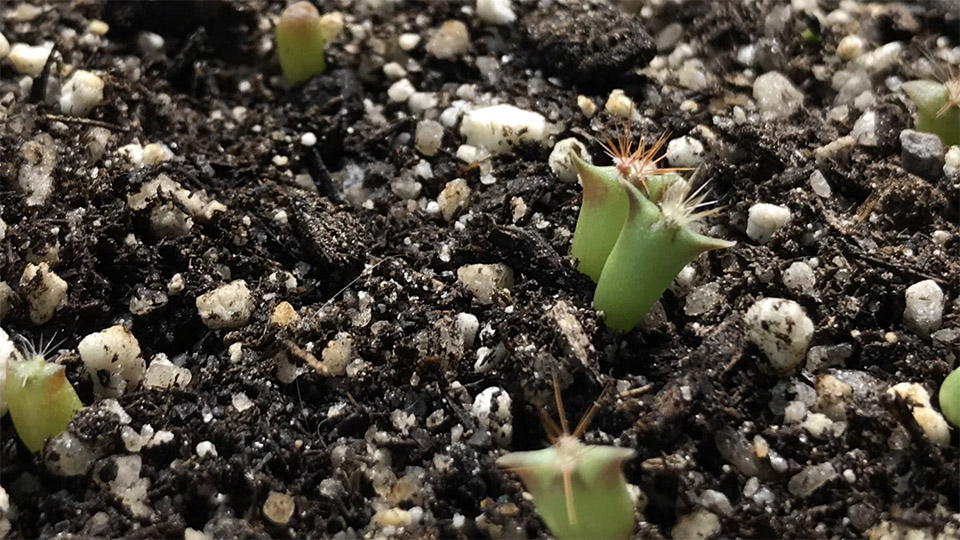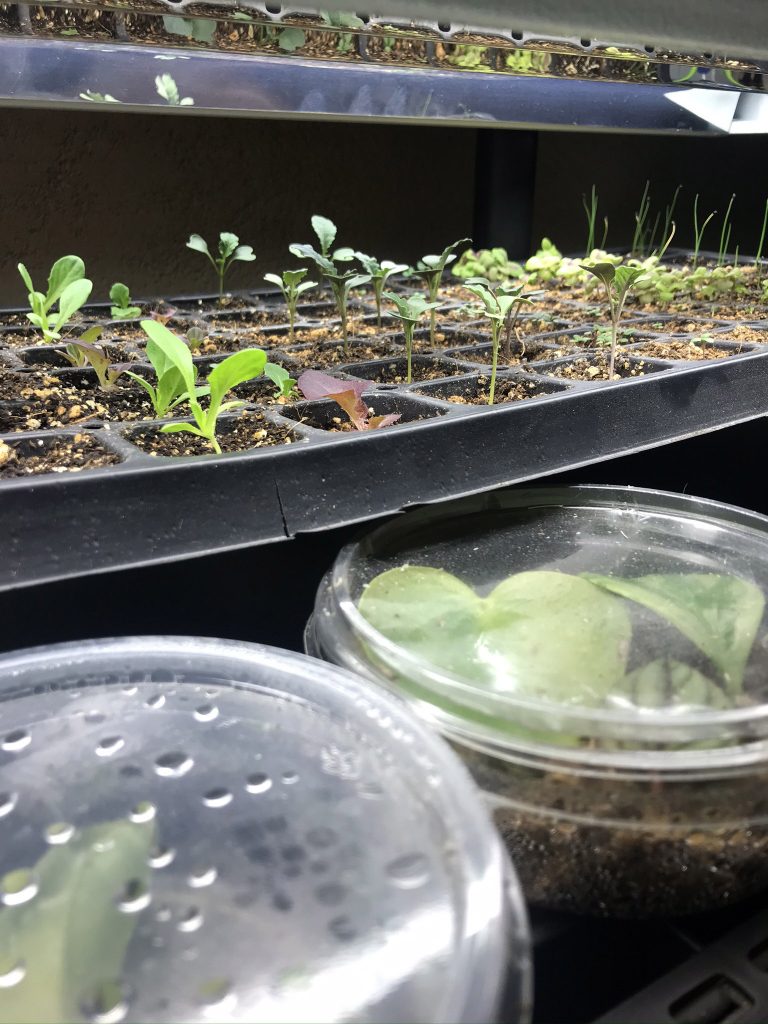Seed Starting in February in zone 6-7

It’s officially the 2020 garden season as far as I’m concerned.
In my ongoing battle to find acceptance that my crass New England self is never going to fit in anywhere with a warmer climate and thus winter is a permanent fixture in my life, I am learning to winter sow.
If you missed my post about winter sowing and how to do it, check it out here.
In previous gardening years I’ve made the rookie mistake of starting my veggie crops too early out of excitement and a misguided sense of power to speed up the frigid days with Spring-like behavior.
Take it from me, you want to firstly add two weeks to your last average frost date, and secondly, keep in mind the space you have for growing plants that you won’t be able to get outside until the winter relents.
Here’s where you can find out your USDA Gardening Zone and your last expected frost date.
Fortunately for the antsy New England gardener, it seems we’re in for an early 2020 Spring. But as any wise New England gardener will tell you, never trust that groundhog’s predictions with your precious baby plants.
What we can start early, however, are herbs like chives, oregano, rosemary, and thyme, as well as many frost-tolerant greens. Broccoli, Brussels sprouts, cabbage, cauliflower, celery, chard, spinach, and collards can go in soon, as well.

Hardier flowers such as Begonia, Delphinium, Antirrhinum (snapdragons), and Viola (pansies) can usually go outdoors in April here, so you can get a jump start on those for an extra colorful spring.
I’ll be using both LED and fluorescent lights, keeping them on 14-16 hours a day with the light very close until they sprout, and then I’ll cut the light back to 12 hours and raise the light fixture. I’m also utilizing heating pads to encourage germination as my apartment is pretty chilly.
Bottom watering keeps the seed starting mix moist under the warm light, but I have to keep an eye on it as it will dry out quickly between the light and heat pad.
I’ve popped my lavender, rosemary, columbine, and poppy seeds in the fridge to see if that helps with germination success, as well as put some in a jug outside to stratify with my wildflowers. Check out the winter sowing post for more on cold stratification.
I’ve got cactus seeds in a take out container and cactus soil, too, just to try something totally new. Much to my surprise and delight, some of these (the saguaros I think) germinated in just four days, and already had cute little crowns of spikes betwixt their cotyledon leaves.

My Coleus and chives seedlings popped up around day 5 & 6. The added warmth from the heating mat really speeds things up.

Winter here in New England has been especially warm, so I’m hoping that my winter sown seeds get enough of a freeze to flourish! However, I’m excited by the thought of an early spring with early flowers!